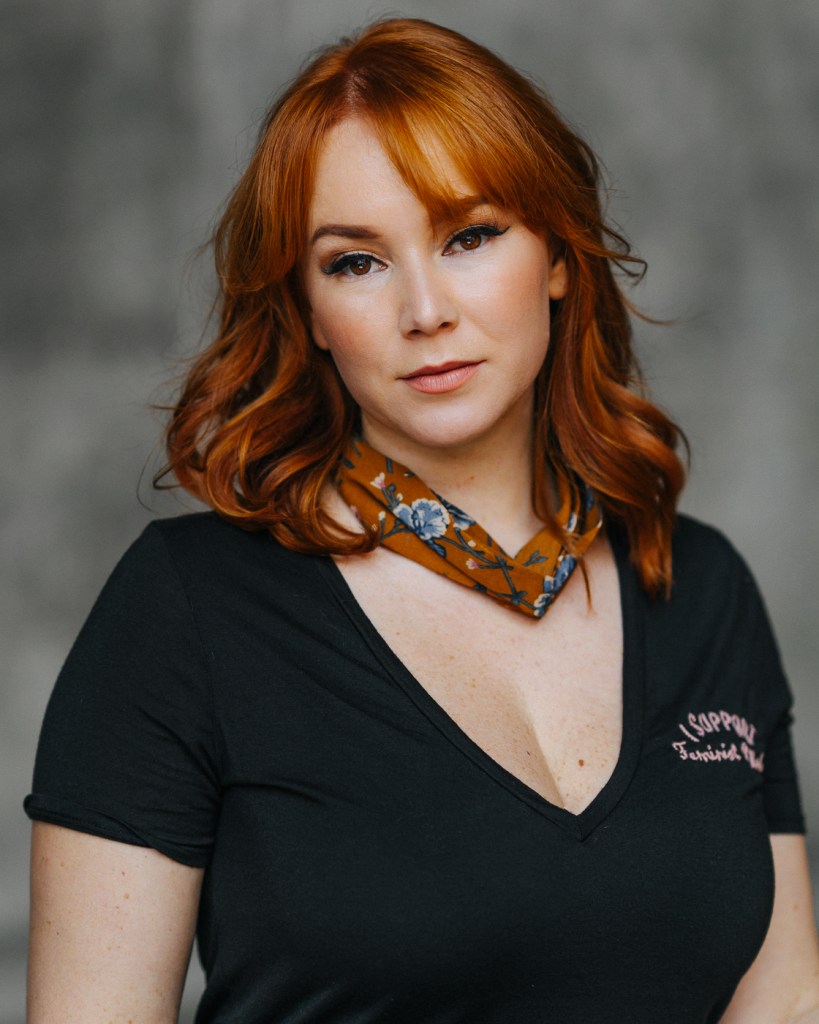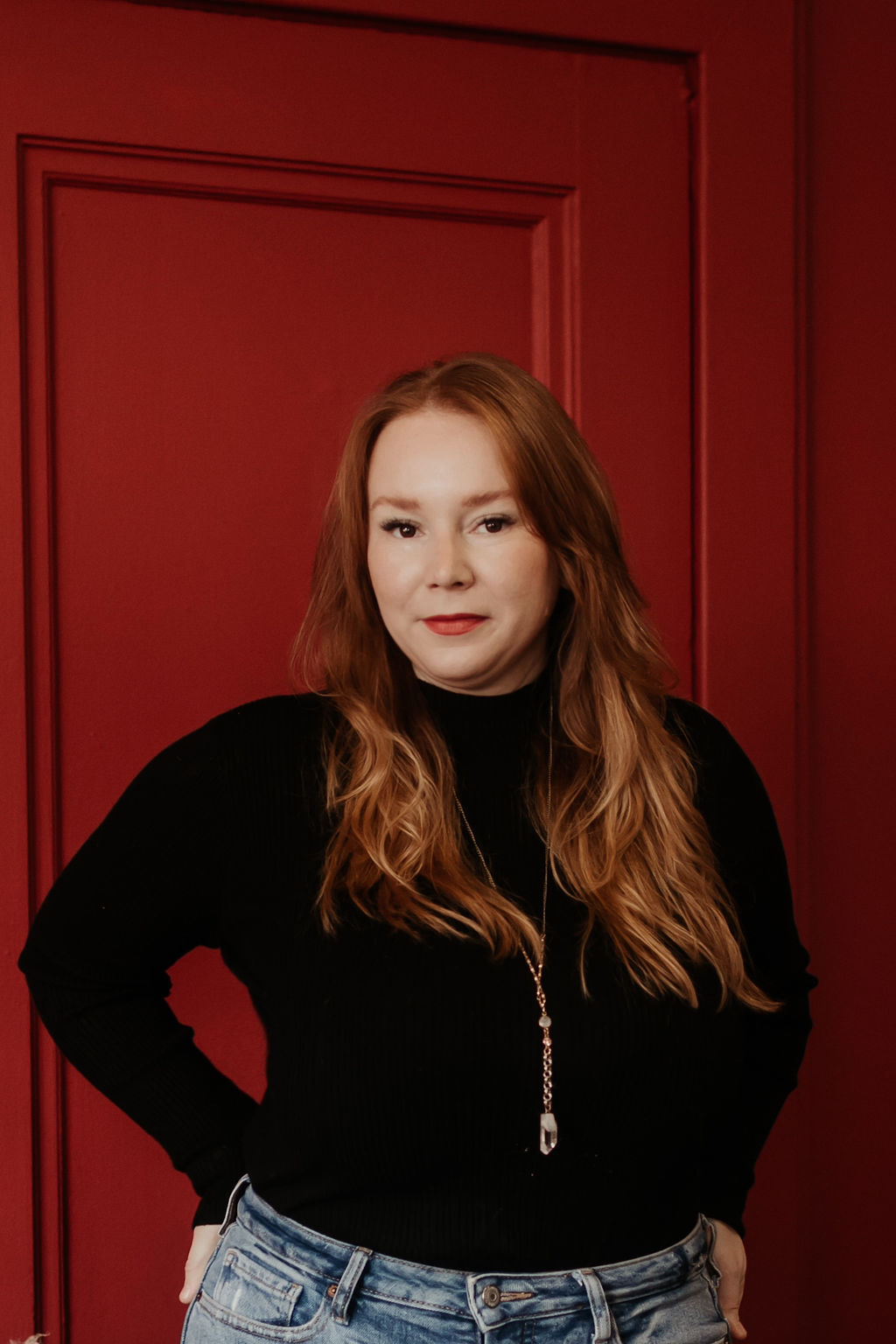The Vancouver-based jazz musician uses their voice for more than singing
Photo courtesy of Liz Roza Photography.
By Kristi Alexandra
@kristialexandra
There was a time that Tonye Aganaba had to put music down — marked by the six years between their 2013 EP The Solar Twin and their 2019 debut full-length album Something Comfortable.
Now, having recently performed Vancouver International Jazz Fest to a small, live audience for the first time since COVID hit in early 2020, the London-born singer has more to express than ever.
“To me, art and creativity has always been a way to understand and process my own trauma,” they tell Loose Lips over the phone.
“When I stepped into music as a career, it came at a time of crisis. I was ending a relationship and I wasn’t a [Canadian] citizen yet, so it was one of the only jobs I could do to make cash. It was like ‘I’m in crisis, my voice is what I’ve got,’ so I started doing little gigs around town that were supplementing my income.”
Somewhere between those gigs, Aganaba penned two EPs — 2012’s White Wizard and 2013’s The Solar Twin, both of which showcase their fascination with stars and the ancient world.
“I am reminded to see the divine in everything that I do,” they wrote about the EP at the time.
They were on top of the world, and were making plans to get on the road and tour.
A couple years later, the musician was diagnosed with multiple sclerosis, and then survived a car accident that left their spine fractured in six different places. It was in 2017 that Aganaba and their record label decided to split amicably.
“The injuries I was experiencing, as well as the very acute symptoms of MS that I was experiencing — the disease was really active at that point — was not in line with having a career as a touring musician and artist,” Aganaba reveals.
“I needed to heal my body and my mind and spirit from these injuries and being on the road was not a part of that. I had put music down at that point, and took care of my body. My health had to come first.”
That’s when Aganaba picked up and moved to B.C.’s Sunshine Coast, living in “a trailer on the edge of the forest,” and began to write their album Something Comfortable with no limits, expectations, or deadlines.
“This album is truly about Something Comfortable for my body to be able to connect with over time as my body gets better or as it gets worse. This album is an indication of where I feel most comfortable,” they explain. “The tempos, the lyrics, everything about it is about how I can get all of this out of me in the least damaging way possible.”
The album was also a score to Afroscience, an immersive performance and workshop series fusing live music, dance, visual art/digital media that explored the shared experience of Afro and Indigenous peoples. Afroscience also included 11 paintings by them, a practice that Aganaba took up as a therapy for their MS symptoms.
“Art has always been a part of every movement, and a way to transmit these messages,” they say. It’s clear that, if you listen close enough, you’ll hear everything Aganaba wants to say through their art and music.
“When I think about the headspace that I was in, and what I meant, and who I meant when I was talking about ‘We Ain’t Friends,’” they say, referring to the track of the same name on Something Comfortable, “I’m a secretive person, so there’s a lot of depth with it that I’ve never shared with anyone.”
Though Aganaba’s most recent album is about getting more comfortable, they’re not afraid to shy away from voicing the uncomfortable.
“When you have the opportunity, you have to say what needs to be said, and what needs to be said is that we live in a white supremacist, capitalist, colonial culture and that plays out in the arts all the time. It plays out in the way that Black people, or any racialized people, are pushed out of arts organizations and are not even allowed at the table to make decisions,” they say.
“I think going far enough would mean putting Black people in charge,” they say about making local arts more equitable.
“There’s no room for fear anymore. There’s no room for being on the fence about being silent, or for not knowing.”
And just like that, Aganaba has something to say. Now, it’s up to the rest of us to listen.
Find this article and more, now in print, available at select locations in Vancouver.

Kristi Alexandra is a journalist, editor and part-time bathtub singer. When we’re not in pandemic-related isolation, you’ll find her sniffing out feminist stories at the Loose Lips Mag HQ; taking in the city’s latest cinema at film festivals; or patronizing the local music scene. Her passions are music, culture, travel, and film — but above all, writing about them.




